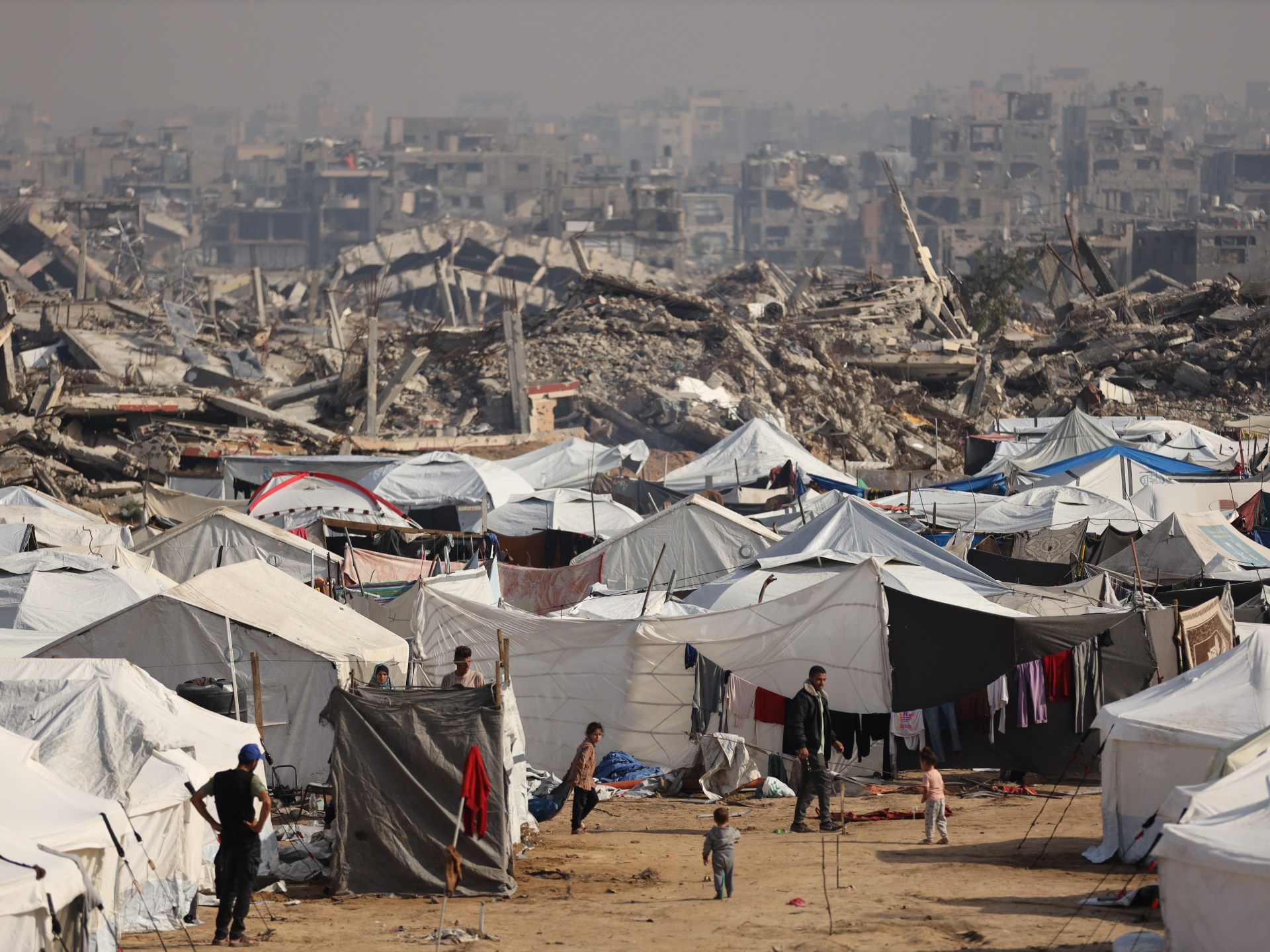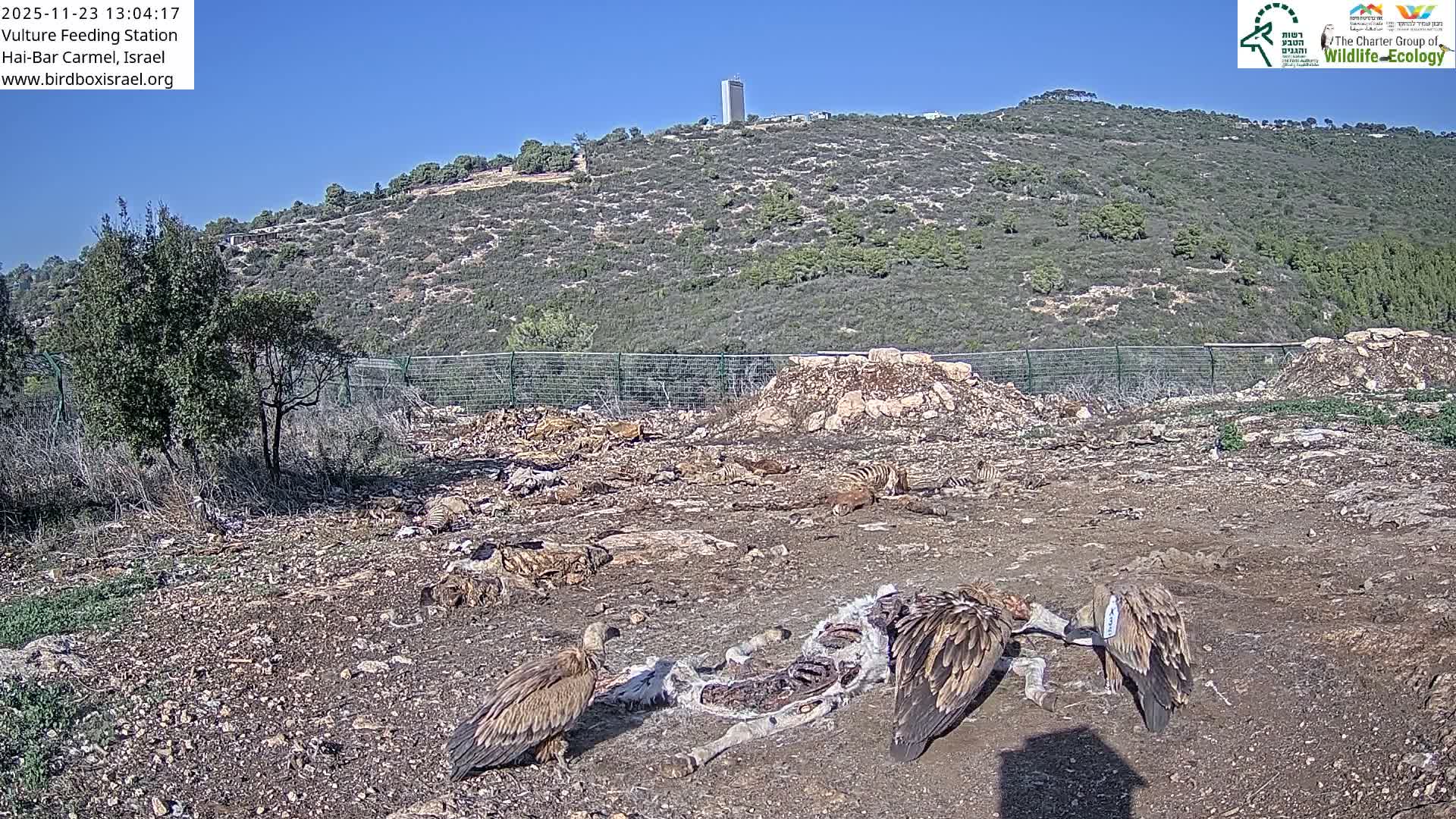B'Tselem Director Warns: Gaza Crisis Far From Over, Demands Accountability for Israel's Actions Amid Ongoing Violence & Failed Peace Plans
 Israel
Human Rights & Geopolitics
Israel
Human Rights & Geopolitics

B'Tselem's Yuli Novak warns the Gaza crisis is worsening, demanding accountability for Israel's alleged genocide and human rights abuses. She criticizes Trump's
A Grim Warning from B'Tselem: Gaza's Crisis Deepens Amidst "Disastrous" Reality
Washington, DC – Despite a US-brokered ceasefire in Gaza, the executive director of the Israeli human rights organization B’Tselem, Yuli Novak, issues a stark warning to global leaders: the situation in Israel-Palestine remains "disastrous" and is poised to deteriorate further. Speaking to Al Jazeera, Novak asserted that the temporary truce has not mitigated the dangers, stating ominously, "We haven’t seen the worst." She emphasized the critical need to hold Israel accountable for its extensive abuses in Gaza.
Unpacking the "Our Genocide" Report
For two years, numerous human rights bodies, including United Nations investigators, have accused Israel of committing genocide in Gaza—a systematic campaign aimed at destroying the Palestinian people. B'Tselem's groundbreaking July report, "Our Genocide," added a crucial layer to this analysis. It meticulously detailed how decades of Israeli policies—including the establishment of an apartheid system, demographic engineering, systemic dehumanization of Palestinians, and a culture of impunity for perpetrators—have created the fertile ground for the current devastation in Gaza. Novak stressed that these conditions have only intensified since the war's outset, leading to concerns that the violence is far from over.
Escalating Violence and Humanitarian Crisis
Even after the ceasefire, the bloodshed continues. Israel has reportedly killed at least 360 Palestinians in Gaza, including 32 in recent airstrikes. Concurrently, the Israeli government maintains severe restrictions on humanitarian aid, hindering crucial efforts to provide temporary shelters for thousands of Palestinians displaced by flooding. Gaza's landscape bears the scars of war, with over 69,000 Palestinians killed and vast areas reduced to rubble.
The occupied West Bank also faces escalating brutality. Settlement expansion is rampant, accompanied by deadly Israeli military incursions. Human Rights Watch recently reported the forcible displacement of 32,000 Palestinians from Jenin, Tulkarm, and Nur Shams. Israeli settlers, often operating with military protection, have intensified their attacks, torching homes and vehicles and, at times, killing civilians. Novak firmly categorizes these settler attacks as a direct form of Israeli state violence, rejecting attempts by some Israeli leaders, including Prime Minister Benjamin Netanyahu, to dismiss them as isolated acts by "crazy settlers." She highlights that official Israeli forces are responsible for the majority of killings and destruction in the West Bank.
Advocacy in Washington and Critique of Peace Plans
Novak, alongside B’Tselem’s field research director Kareem Jubran, visited Washington, DC, to engage with US lawmakers, including Senators Peter Welch, Jeff Merkley, Chris Van Hollen, and Congresswoman Rashida Tlaib. Their primary message: demand accountability for the alleged genocide and daily war crimes. Novak lamented the normalization of violence, warning it could easily resume.
She criticized former US President Donald Trump’s claims of Middle East peace and the UN Security Council-backed 20-point Gaza plan. This plan, which calls for an end to fighting, Israeli withdrawal, an international force, Hamas disarmament, and international governance, lacks any mechanisms for accountability or compensation for the devastation wrought over two years. Novak views it as detached from reality, merely allowing parties to "move on" instead of addressing systemic oppression.
Waning International Pressure and Enduring Hope
The international community's pressure on Israel appears to be diminishing since the ceasefire deal. Germany, for instance, recently lifted restrictions on weapons exports to Israel. B’Tselem’s Jubran underscored that previous rounds of warfare on Gaza paved the way for the current severity of the alleged genocide.
Despite these setbacks, Novak finds hope in the growing global public awareness of Israel's actions. She notes that many people worldwide are increasingly seeing through Israeli propaganda and understanding the plight of victims in Gaza and the West Bank. "People do understand," she concluded, urging individuals to demand accountability from their leaders and politicians.





